Our department has been acknowledged nationally as the premier program in both folklore and ethnomusicology, and as the only program in the United States to align these closely-related disciplines.
Training in Folklore and Ethnomusicology gives you a diverse skillset, useful both within academia and the broader world. Geographic in range and scope, study within our department gives you insights into the world’s performative traditions and the layers of meaning and cultural history that produce them and pass them along. When pursuing either a major or minor in Folklore and Ethnomusicology, you can focus on one subject area or combine the two. The minor culminates with a field methods course.
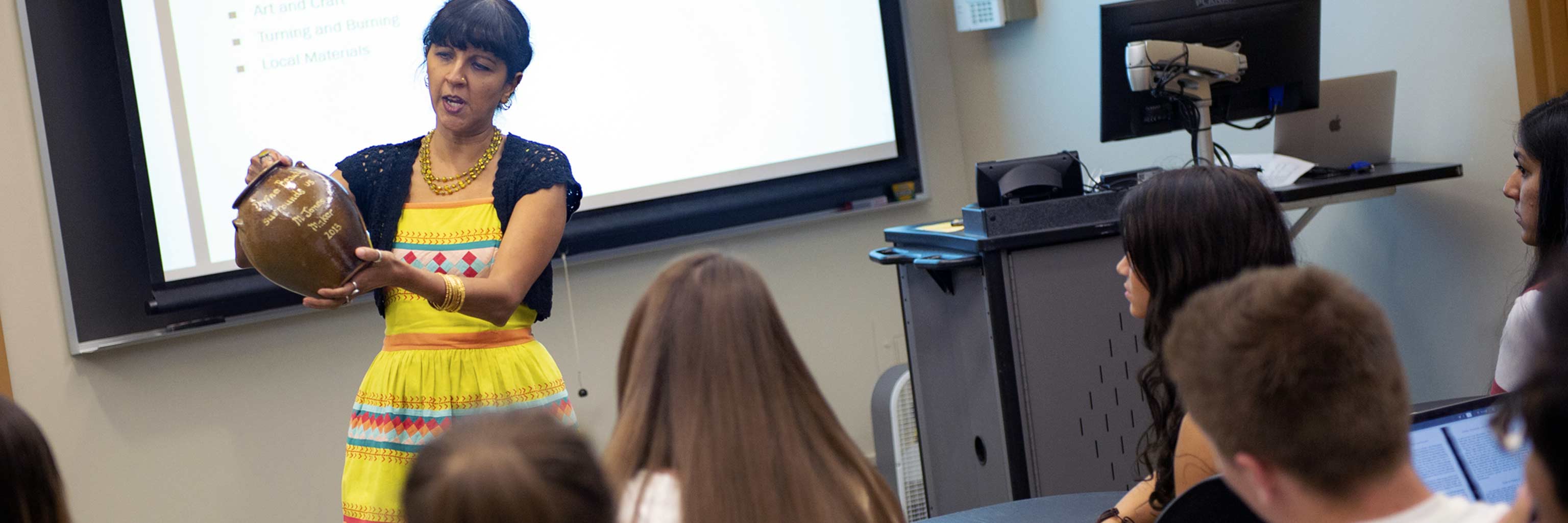
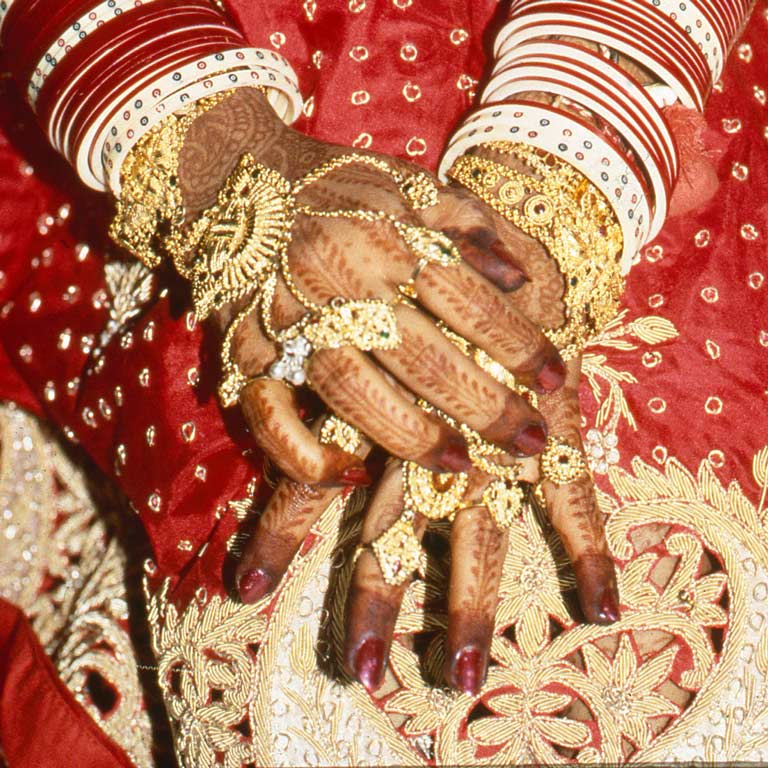
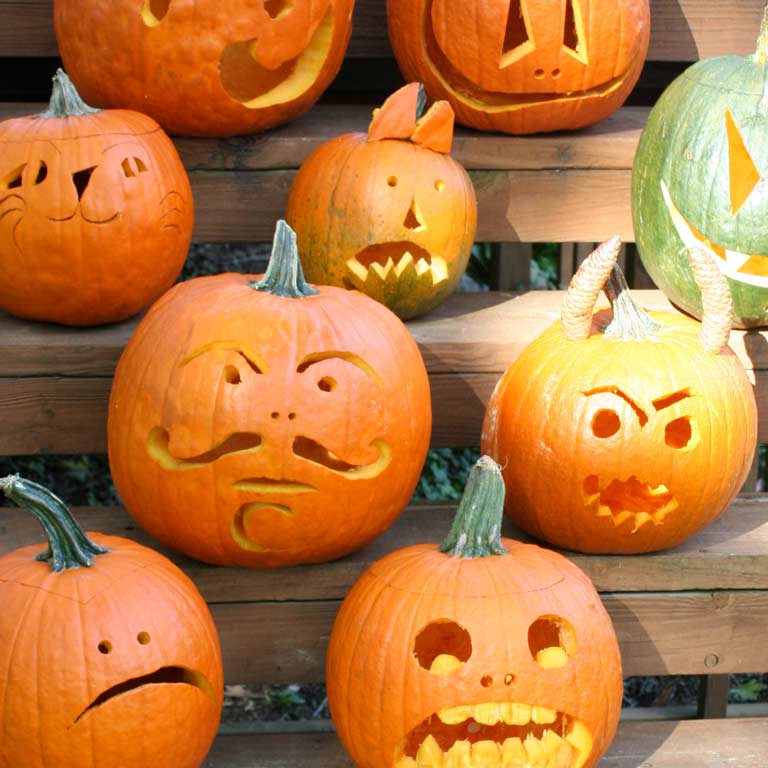
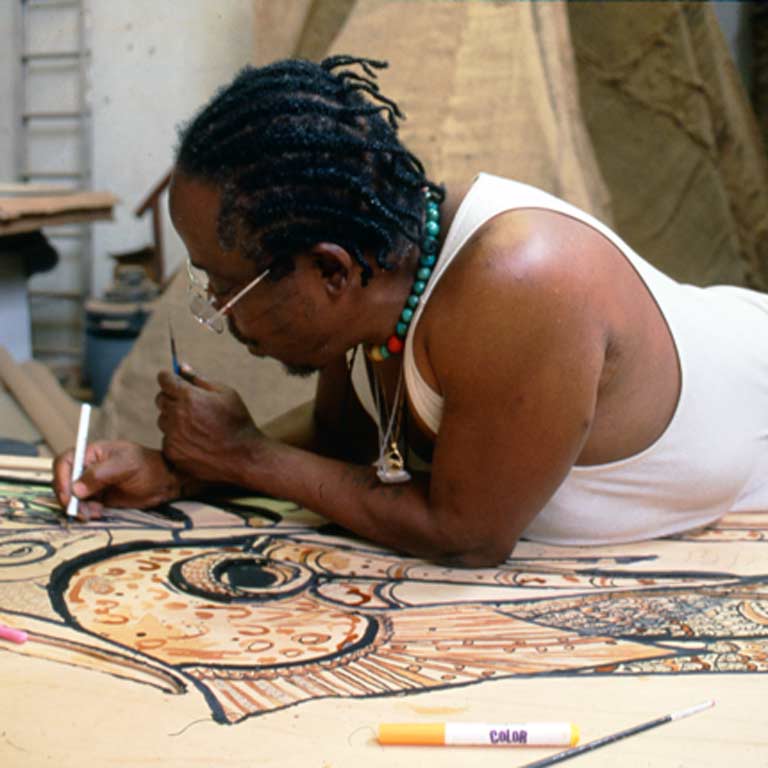

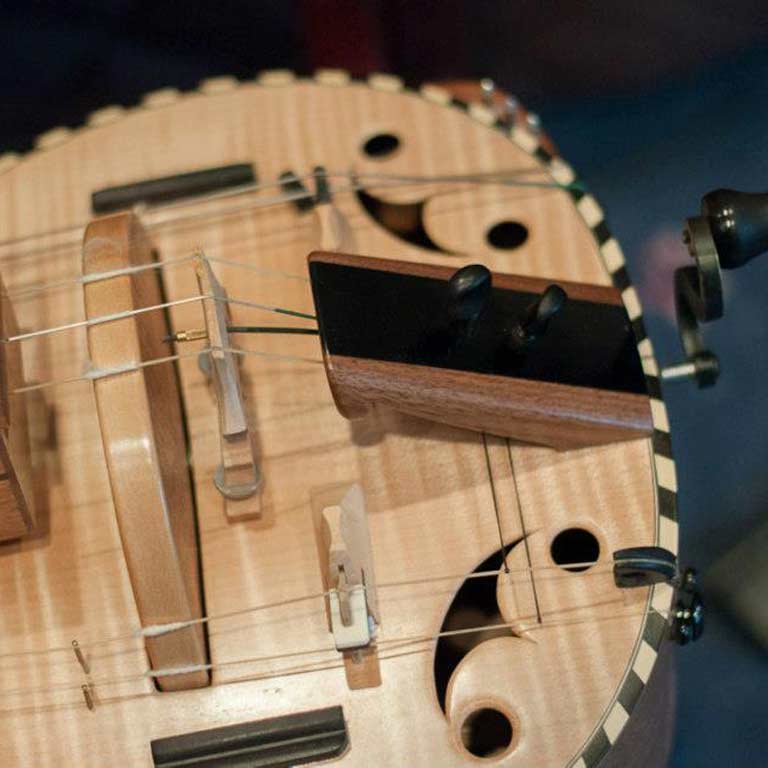
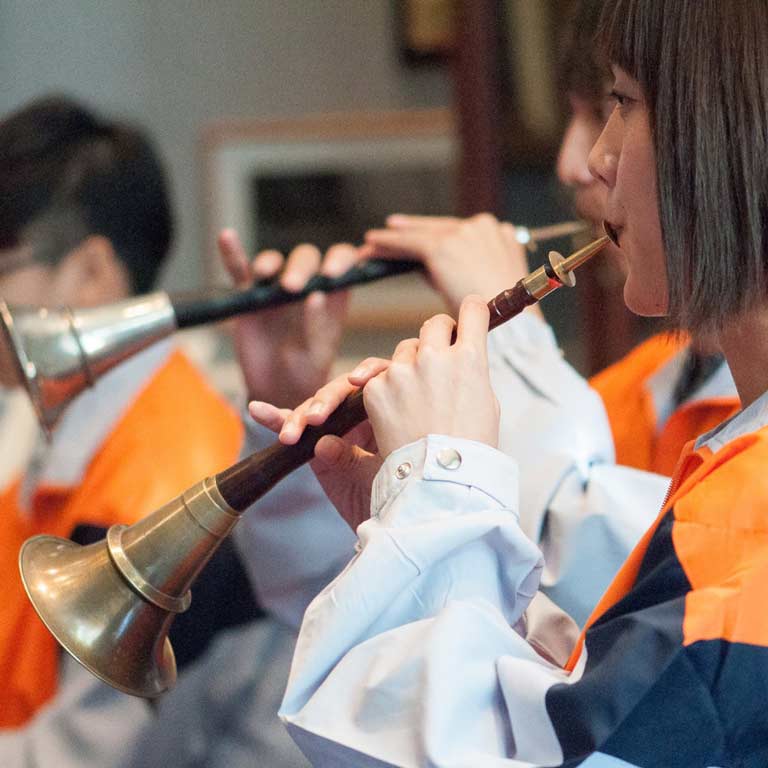
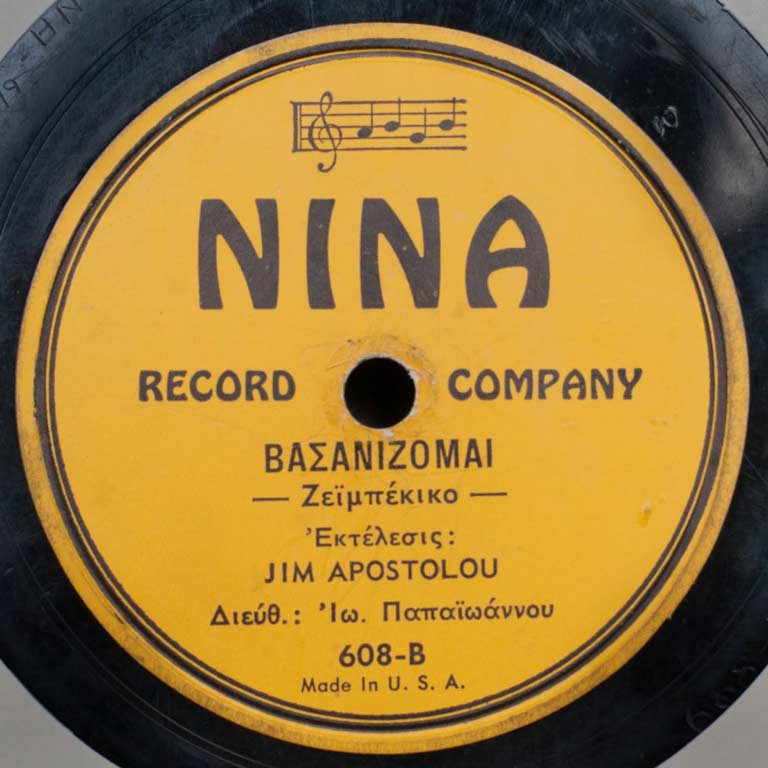
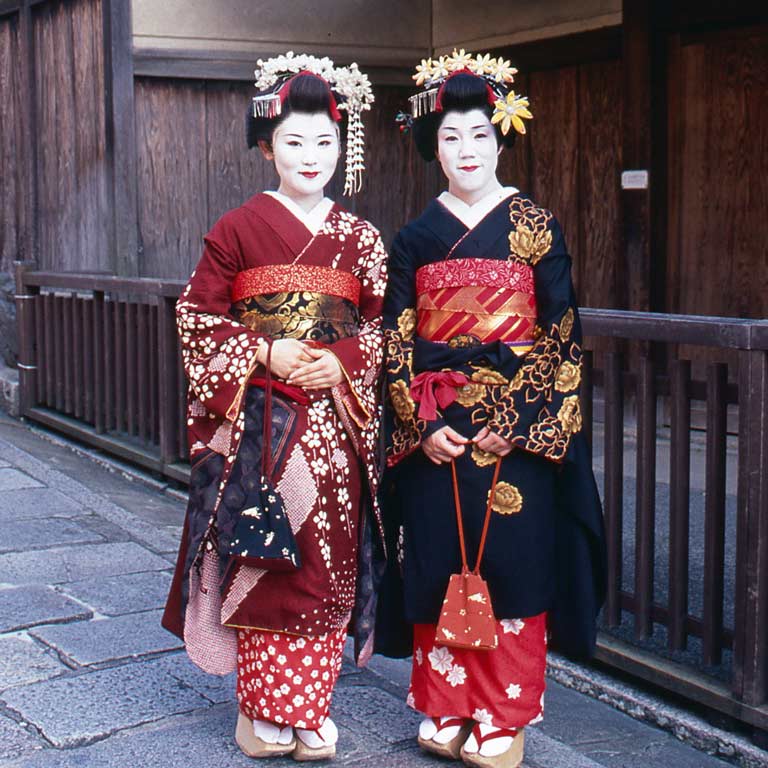

 The College of Arts
The College of Arts